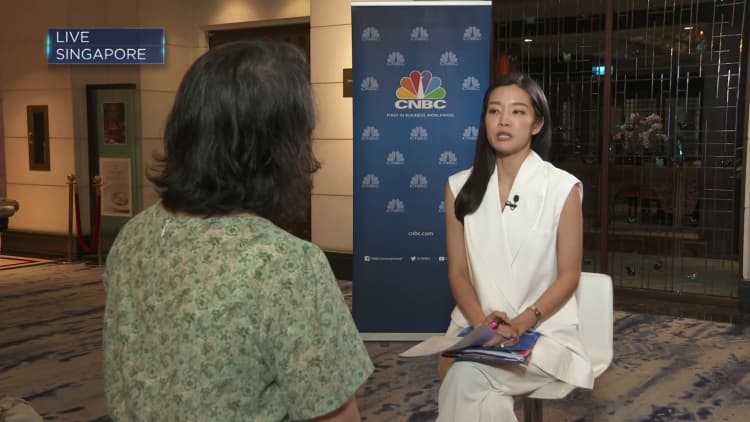Asia-Pacific markets mostly rose even as inflation in the U.S. inflation rate in August came in hotter than expected, at 3.7% compared to economists' expectations of 3.6% in a Dow Jones survey.
Month-on-month, the consumer price index rose 0.6% in August, in line with expectations. In July, the CPI rose 3.2% year-on-year and 0.2% month-on-month.
However, excluding volatile food and energy costs, the core CPI rose 4.3%, in line with estimates and down from 4.7% in July. Federal Reserve officials focus more on core as it provides a better indication of where inflation is heading over the long term.
In Australia, the S&P/ASX 200 rose 0.46%, closing at 7,186.5 as unemployment numbers in August held steady at 3.7%, matching analysts' forecasts.
Japan's Nikkei 225 was 1.41% up and ended at 33,168.1, breaking above the 33,000 mark for the second time in over two months. The Topix saw a smaller gain of 1.13% and finished at 2,405.57, reaching a new 33-year high.
South Korea's Kospi advanced 1.51% to close at 2,572.89 and the Kosdaq was 1.61% higher at 899.47, snapping a three-day losing streak.
Hong Kong's Hang Seng index rose 0.45% in its final hour of trade, while mainland Chinese markets were in negative territory, with the CSI 300 down 0.08% and ending at 3,733.5 to mark a third straight day of losses.
Overnight in the U.S., the three major indexes ended mixed, with the Dow Jones Industrial Average seeing its second straight day of declines and falling 0.2%. Meanwhile, the S&P 500 was up 0.12% and the Nasdaq Composite added 0.29%.
— CNBC's Sarah Min and Hakyung Kim contributed to this report



